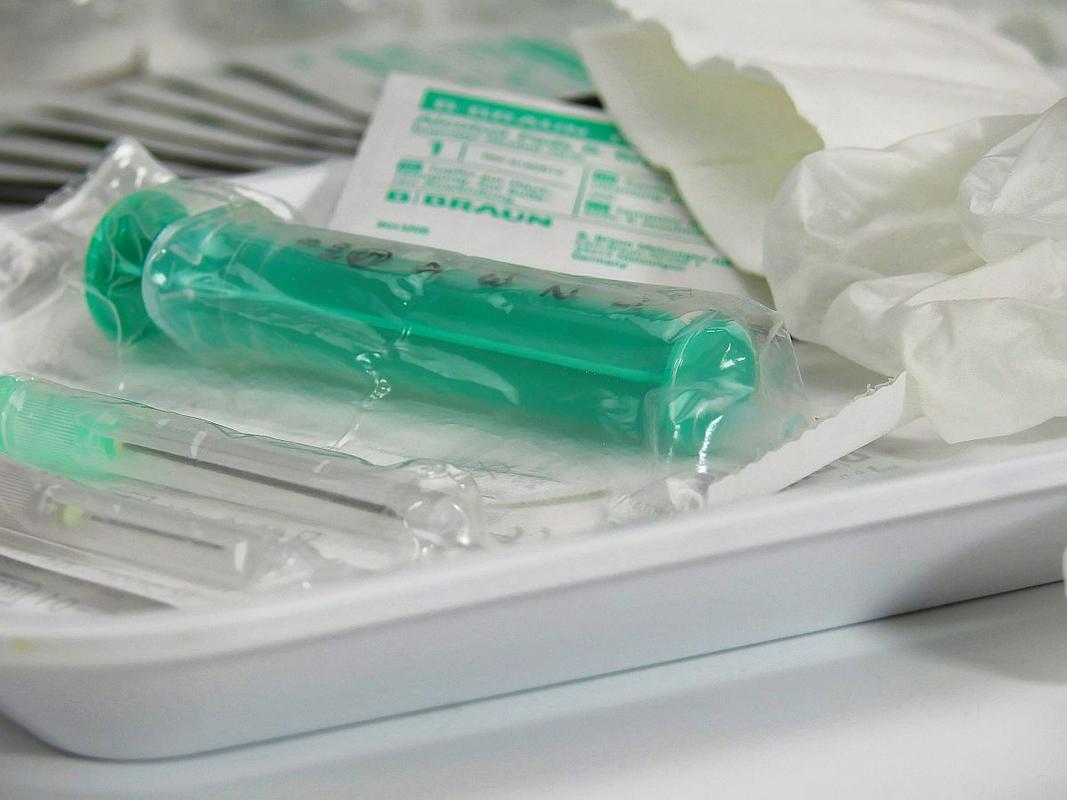
A comparison of the prices of 25 drugs at 26 Slovenian hospitals shows wastefulness and great price differences. The most extreme case: the Golnik University Clinic paid 570 percent more than the general hospital in Nova Gorica for a same drug. This year, for the first time, Slovenian hospitals should have started buying drugs through a centralized tendering system. However, due to a number of appeals against the procedure put forward by the drug suppliers, the tendering system has been put to halt.
Who does Slovenia look up to?
The price of drugs in Slovenia is regulated by a special law. The prices are adjusted according to prices in Austria, Germany and France. But why according to those three countries, which are considerably wealthier than Slovenia? Don't high prices there mean even higher prices in Slovenia? "We could take the average of all of Europe's countries, or just five or six countries, but the number of countries is really irrelevant. What's important is what you do with that data. And whether you’re able to collect that data at all," explains Stanislav Primožič from the Public Agency for Medicinal Products and Medical Devices.
Sweden: a country of prosperity and inexpensive medicine
In Sweden all hospitals buy their drugs through a joint tender, through which they obtain drugs at prices even 300 percent cheaper than Slovenia's hospitals. That, according to a research carried out by a TV Slovenija information inquiry group. Lars L. Gustafsson, a clinical pharmacologist from Stockholm, warns that the high hospital expenses are often the result of corruption financed by pharmaceutical companies in the form of paid education or congresses for medical specialists. "There are no free lunches in this business. If you pay for something, you want your money back."
Hips - a special chapter
As part of the EkstraVisor project, the information inquiry group also compared the prices of medical devices. The price differences for artificial hips are astonishing: for a hip with a metal head the Nova Gorica hospital paid 1.818 euros, while the Jesenice hospital paid 1.061 euros. For a hip with a ceramic head they paid 2.039 euros in Nova Gorica, while in Jesenice it cost 1.238 euros. "I don't know anything about that, it's the first I've heard of it," was the comment of the head of the Nova Gorica hospital, Nataša Fikfak, regarding the overpayments. She said the fact that the Nova Gorica hospital is the only hospital which buys products from the Lima company through the Ajdovščina-based Primsell, and not directly from the producer itself, was "out my scope."
Finland: knocking on doors is shameful
The Maribor hospital pays 2.030 euros for a higher class ceramic hip prosthesis made by Zimmer. That's 630 euros more than what the Coxa Hospital from Tampere, Finland, pays for the same prosthesis. The whole difference in price probably goes to the commercial agent, in this case the Sežana company Mark Medical. Tarmo Martikainen, the head of the Finnish Coxa Hospital, told TV Slovenija that they do negotiate the prices, but he adds that it would be very inappropriate for an agent to come knock on their doors.


































































